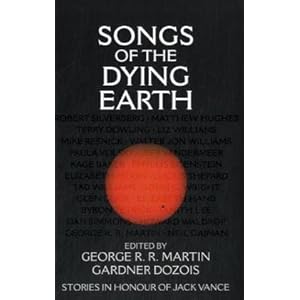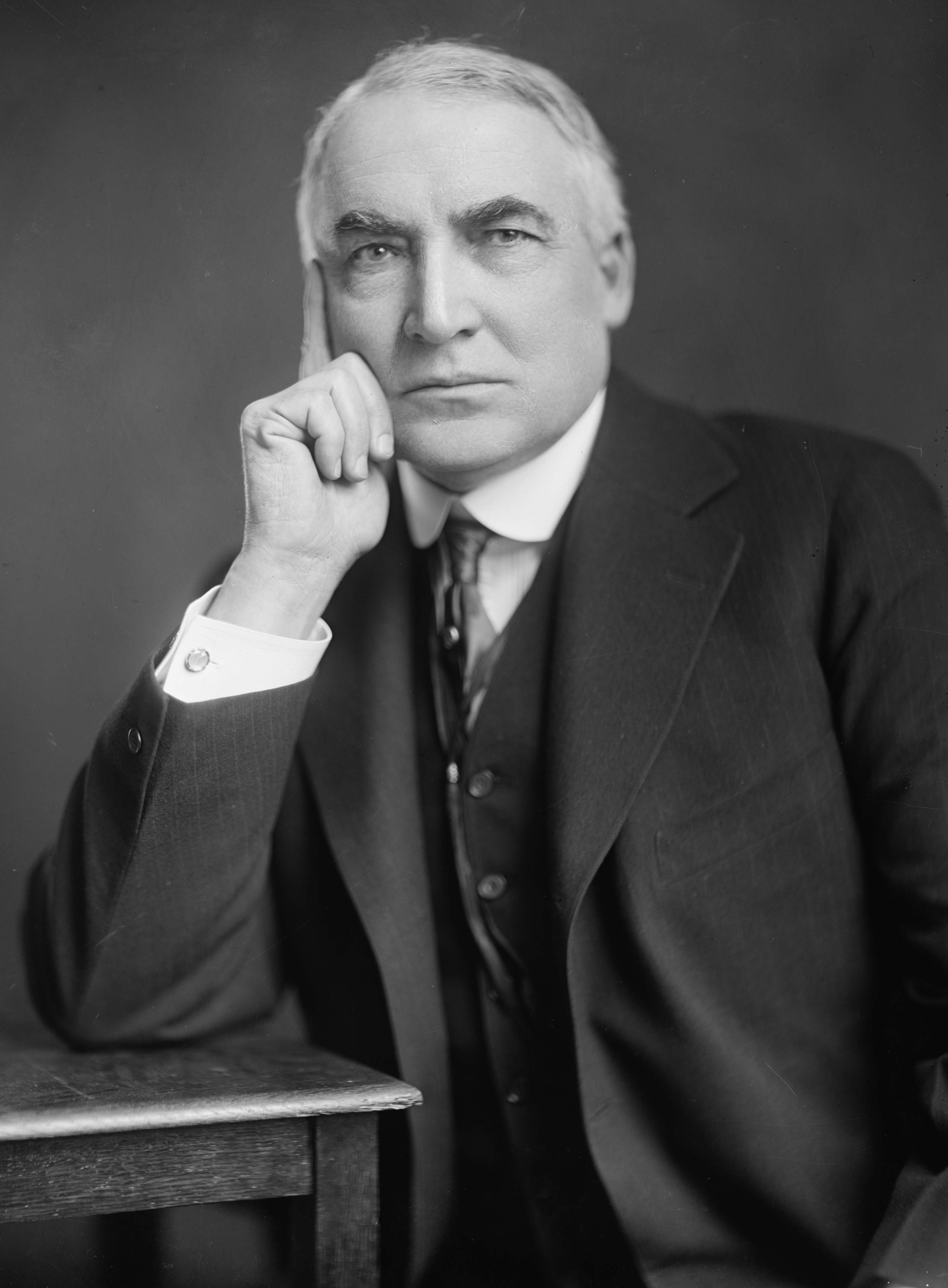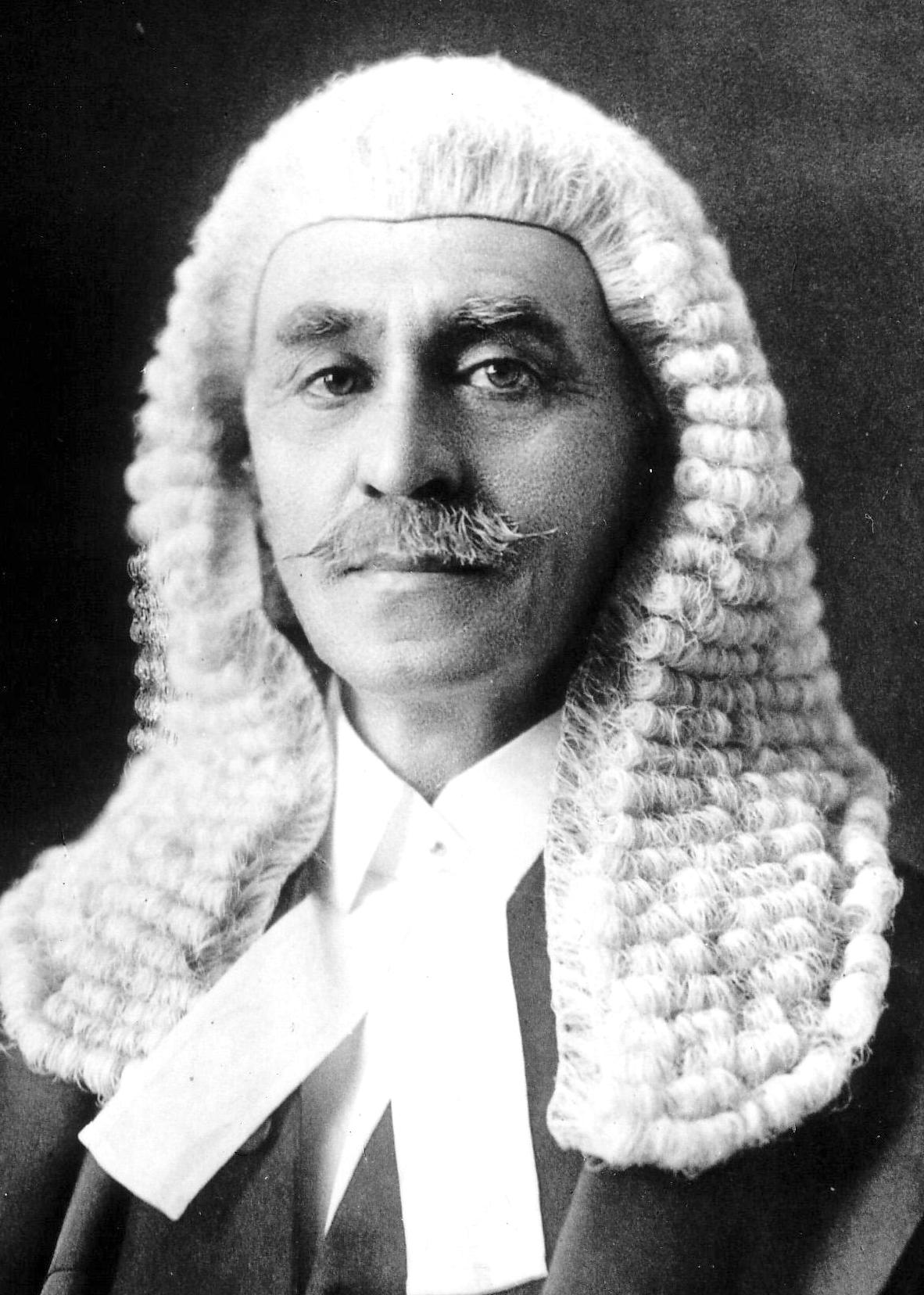Name that place.
1.

2.

3.

4.

5.

6.

7.

8.

9.

10.

11.

12.
 Please leave your answers in 300x200px format in the comments.
Please leave your answers in 300x200px format in the comments.











 Please leave your answers in 300x200px format in the comments.
Please leave your answers in 300x200px format in the comments.
"Arg, why don't you two just get married?"The lonely figure disappears into the darkness again, no doubt in search of other people to accost, leaving our two young heroes to their thoughts. After a short moment, the gentleman turns to his partner:
"Laura, hang on a sec...ah..."
Ye've read the Harry Potter books, ye think ye know 'em through
But there's something that ye may not know, and here's a little clue:
The female of the Trio has her birthday on
Talk Like A Pirate Day. So heads up, Harry and Ron!
When she found out, her eyes she rolled, she went on knittin' socks,
But Harry said, "I've got the gold, let's head down to the docks,"
They traded lots o' Galleons for a lovely brigantine,
And now they're her young scallions and she's a pirate queen!
...
Now here's the part we talk about: with whom she's lockin' lips,
'Cause after all, a pirate queen has got to have her 'ships.
Some say Harry's her true love, or Ron she will betroth,
She finally cried, "I can't decide, I'll have to have 'em both!"
Who's the sassy bossy witch that all the boys pursue?
Grander than the Golden Snitch and more elusive too.
One may Seek'er, one may Keep'er, both know how to score, with
Hermione Granger, the Pirate Queen, the pride of Gryffindor!


Once a mighty city rose beside the head of a deep gulf in the Sea of Sighs, its ships plied their trade, and the magnificence of its buildings proved its wealth...but in these latter days, only a dusty town remained, buldings shabby, patched with stones from its earlier grandeur. A minor port, a stop on the caravan route across the land, Uskvosk had shrunk and faded in the bleak millenia of the sun's decay.Page 456 (123 is an introduction):
"The Crimson Messuage is gravely suspicious of me, as you well know, but that's never stopped them from wanting me to join their retinue as Court Incendiary. In addition, I have a toruous history with this particular Paeolina. He made disagreeable suggestions to me many years ago, and, when rebuffed, gre surly and resentful. I am certain that his invitation will lead me into a trap."---
 In which location on the grid are these national landmarks?
In which location on the grid are these national landmarks?
Glenn McGrath is a pest...You will be sitting there minding your own business and suddenly a sugar sachet will be emptied in your hair or a feather will be tickling you behind the ear and you think it's a fly. He basically gets bored very quickly and takes it out on everyone else. It must be a fast bowler thing because Merv hughes used to do exactly the same thing.
Gone are the times when you would start enjoying the first beer five minutes after the last ball was bowled. Now there are ice baths, warm-down sessions, all stuff I have to say I don't enjoy because the ice baths are too bloody cold!---
 2. Despite his republican leanings, an unpopular position during and immediately following the first world war, Warren Harding, former teacher and newspaper baron began his ill-fated Prime Ministership in 1920 with 61% of the vote, which was at the time the largest ever margin in a national election, on the back of policies of isolationism and nationalism (and helped by an insider’s knowledge of the press). His government reduced post-war unemployment by 10% and established good relationships with many countries (with a distinct pro-American stance), but Harding died suddenly in 1923, and in the wake of his death came allegations of corruption and bribery amongst his cabinet that shook the establishment and resulted in his lasting unpopularity even into the present day.
2. Despite his republican leanings, an unpopular position during and immediately following the first world war, Warren Harding, former teacher and newspaper baron began his ill-fated Prime Ministership in 1920 with 61% of the vote, which was at the time the largest ever margin in a national election, on the back of policies of isolationism and nationalism (and helped by an insider’s knowledge of the press). His government reduced post-war unemployment by 10% and established good relationships with many countries (with a distinct pro-American stance), but Harding died suddenly in 1923, and in the wake of his death came allegations of corruption and bribery amongst his cabinet that shook the establishment and resulted in his lasting unpopularity even into the present day. 3. Universally loved in the North and universally infamous in the rest of the country, Joh Bjelke-Petersen was Premier of Queensland from 1968 to 1987 before his incredible “Joh for Canberra” campaign in 1987. His government promoted huge industrial growth, particularly in Bjelke-Petersen’s home state, and was later found to have accepted large bribes in return for government contracts for a number of projects. When Bjelke-Petersen was prosecuted for perjury in 1993, the jury was deadlocked, though allegations of jury tampering were rife. When Joh was knighted, his wife (a sitting federal Senator famous for her pumpkin scone recipe) became the Senator Lady Bjelke-Petersen, which I find inherently funny. (What do you think, Aviatrix? Would “Senatrix” be appropriate in that situation just to prevent the horrible dual title “Senator Lady”?)
3. Universally loved in the North and universally infamous in the rest of the country, Joh Bjelke-Petersen was Premier of Queensland from 1968 to 1987 before his incredible “Joh for Canberra” campaign in 1987. His government promoted huge industrial growth, particularly in Bjelke-Petersen’s home state, and was later found to have accepted large bribes in return for government contracts for a number of projects. When Bjelke-Petersen was prosecuted for perjury in 1993, the jury was deadlocked, though allegations of jury tampering were rife. When Joh was knighted, his wife (a sitting federal Senator famous for her pumpkin scone recipe) became the Senator Lady Bjelke-Petersen, which I find inherently funny. (What do you think, Aviatrix? Would “Senatrix” be appropriate in that situation just to prevent the horrible dual title “Senator Lady”?)  5. The first Prime Minister to be born in Australia, Isaac Isaacs sat in the first parliament in 1901 as a minister in the Barton government, but his perceived aloofness and unpopularity amongst his fellow politicians meant it would be a long time before he took over as Prime Minister thanks to the support of Labor heavyweight James Scullin in 1930, when Isaacs was already 75 years old. After leaving office in 1936 after a wave of support for Joseph Lyons’ United Australia party, he continued public life as a prominent constitutional law expert and a leader of the Jewish community in Australia. Isaacs was an outspoken opponent of Zionism until he died in 1949, and never saw Israel become a sovereign nation.
5. The first Prime Minister to be born in Australia, Isaac Isaacs sat in the first parliament in 1901 as a minister in the Barton government, but his perceived aloofness and unpopularity amongst his fellow politicians meant it would be a long time before he took over as Prime Minister thanks to the support of Labor heavyweight James Scullin in 1930, when Isaacs was already 75 years old. After leaving office in 1936 after a wave of support for Joseph Lyons’ United Australia party, he continued public life as a prominent constitutional law expert and a leader of the Jewish community in Australia. Isaacs was an outspoken opponent of Zionism until he died in 1949, and never saw Israel become a sovereign nation. 6. After studying at Cambridge and practicing law in London, Stanley Bruce joined the British Army and won the Military Cross and Crois de Guerre for his actions in France during WWI. After being injured in 1917 he travelled to Australia and was elected to parliament in 1918 and appointed Treasurer in 1921. He became Prime Minister of a coalition government with the Country Party in 1923, the first PM not to have been a member of the first parliament in 1901. A strong advocate of the White Australia policy and monarchist, he led the Nationalist Party until his defeat and loss of his parliamentary seat in 1929, a feat not to be repeated until John Howard also lost his seat of Bennelong in 2007. He helped found the United Australia party in 1931 (rumour has it that it would have been the ‘Bruce Party’ but Joseph Lyons switched the name at the last minute).
6. After studying at Cambridge and practicing law in London, Stanley Bruce joined the British Army and won the Military Cross and Crois de Guerre for his actions in France during WWI. After being injured in 1917 he travelled to Australia and was elected to parliament in 1918 and appointed Treasurer in 1921. He became Prime Minister of a coalition government with the Country Party in 1923, the first PM not to have been a member of the first parliament in 1901. A strong advocate of the White Australia policy and monarchist, he led the Nationalist Party until his defeat and loss of his parliamentary seat in 1929, a feat not to be repeated until John Howard also lost his seat of Bennelong in 2007. He helped found the United Australia party in 1931 (rumour has it that it would have been the ‘Bruce Party’ but Joseph Lyons switched the name at the last minute). 7. Born in England in 1865, George Windsor served in the Royal Navy before travelling to Australia in 1901, and rose quickly to preside over the first majority government in 1910. Despite his high popularity his leadership was marked by his declining health and Joseph Cook rose to PM after just over two years, but his tenure included many reforms of parliamentary process, international relations and vast restrictions of the power of the European aristocracy. A strong and outspoken monarchist, he played an essential role in the establishment of the Statute of Westminster (he would later be played by David Troughton in the award-winning Australian TV series, All the Kings Men) and he retained a strong political influence behind the scenes during WWI and right up until his death in 1936.
7. Born in England in 1865, George Windsor served in the Royal Navy before travelling to Australia in 1901, and rose quickly to preside over the first majority government in 1910. Despite his high popularity his leadership was marked by his declining health and Joseph Cook rose to PM after just over two years, but his tenure included many reforms of parliamentary process, international relations and vast restrictions of the power of the European aristocracy. A strong and outspoken monarchist, he played an essential role in the establishment of the Statute of Westminster (he would later be played by David Troughton in the award-winning Australian TV series, All the Kings Men) and he retained a strong political influence behind the scenes during WWI and right up until his death in 1936.  8. Joe Clark, who also began his professional life as a journalist, was prime minister for only 9 months in 1979-1980. Sandwiched between two extended Liberal party terms, his government was defeated in a no-confidence motion in early 1980, ending the leadership of Clark, still the youngest-ever PM in any Commonwealth country. A repeat-offending politician, Clark returned to politics running for and winning the seat of Kings-Hants as a “Progressive Conservative” candidate in 1998 and holding it until as recently as 2003. He currently lives in Canada since being assaulted in the street after admitting to being a former prime-minister.
8. Joe Clark, who also began his professional life as a journalist, was prime minister for only 9 months in 1979-1980. Sandwiched between two extended Liberal party terms, his government was defeated in a no-confidence motion in early 1980, ending the leadership of Clark, still the youngest-ever PM in any Commonwealth country. A repeat-offending politician, Clark returned to politics running for and winning the seat of Kings-Hants as a “Progressive Conservative” candidate in 1998 and holding it until as recently as 2003. He currently lives in Canada since being assaulted in the street after admitting to being a former prime-minister. 9. A keen debater with a vicious sense of humour, George Reid was a Scottish immigrant who became the first opposition leader and eventually prime minister as head of the ill-fated "Free Trade" party, and practiced privately as a lawyer the whole time to supplement his income. In between, he resigned his seat in Sydney, then won in back in the subsequent by-election as a kind of private referendum on his system of equal voting electorates. After the free-trade party lost power (they instituted trade tarriffs, which gave them little support from their voting base) in 1905 he re-named it the "Anti-socialist party", and remained at its head until the formation of the Commonwealth Liberals. He resigned again in 1909, and his seat was left empty until the 1910 election (possibly to prevent him standing and winning at a by-election yet again).
9. A keen debater with a vicious sense of humour, George Reid was a Scottish immigrant who became the first opposition leader and eventually prime minister as head of the ill-fated "Free Trade" party, and practiced privately as a lawyer the whole time to supplement his income. In between, he resigned his seat in Sydney, then won in back in the subsequent by-election as a kind of private referendum on his system of equal voting electorates. After the free-trade party lost power (they instituted trade tarriffs, which gave them little support from their voting base) in 1905 he re-named it the "Anti-socialist party", and remained at its head until the formation of the Commonwealth Liberals. He resigned again in 1909, and his seat was left empty until the 1910 election (possibly to prevent him standing and winning at a by-election yet again). 10. A consummate politician, Andrew Peacock became president of the young liberals in 1962 and president of the Liberal Party of Victoria in 1965 before inheriting the seat of Kooyong from Sir Robert Menzies in 1966. As Minister for Territories in 1972 he played a crucial role in the establishment of Papua New Guinea as an independent nation, but he became infamous for his affairs (particularly his relationship with Shirley MacLaine) as Minister of Foreign Affairs (hurr hurr) under Malcolm Fraser, which may well have contributed to his surprisingly high vote in the 1984 election against Bob Hawke. His government was unable to pass much legislation due to an opposition Senate. It couldn’t last, and after a long series of in-fights leading up to and following Hawke’s 1987 landslide the Liberal leadership would change from Peacock, to John Howard, back to Peacock, to John Hewson, to Alexander Downer and finally back to John Howard in 1995. Peacock retired from politics in 1994 and became Ambassador to the US in 1996.
10. A consummate politician, Andrew Peacock became president of the young liberals in 1962 and president of the Liberal Party of Victoria in 1965 before inheriting the seat of Kooyong from Sir Robert Menzies in 1966. As Minister for Territories in 1972 he played a crucial role in the establishment of Papua New Guinea as an independent nation, but he became infamous for his affairs (particularly his relationship with Shirley MacLaine) as Minister of Foreign Affairs (hurr hurr) under Malcolm Fraser, which may well have contributed to his surprisingly high vote in the 1984 election against Bob Hawke. His government was unable to pass much legislation due to an opposition Senate. It couldn’t last, and after a long series of in-fights leading up to and following Hawke’s 1987 landslide the Liberal leadership would change from Peacock, to John Howard, back to Peacock, to John Hewson, to Alexander Downer and finally back to John Howard in 1995. Peacock retired from politics in 1994 and became Ambassador to the US in 1996. 11. One of only two state Premiers to become PM, Joseph Lyons left state politics to enter the federal arena, then quit the sitting Labor government in 1931 and joined with the nationalist party to form the United Australia party and become leader of the opposition. He became PM in 1932 (the 3rd ex-Labor MP to become PM in another party). His government supported the League of Nations and was extremely pro-British interest, and Lyons was a successful leader, leading the UAP to three election victories. However, as the situation in Europe worsened in the late 20's, Lyons, a pacifist, died of a heart attack (the two may not have been related, who knows?). His widow, Dame Enid Lyons, became Australia's first woman MP in 1943 and served in the Menzies ministry, and both his sons would go on to serve as ministers in Tasmanian parliaments.
11. One of only two state Premiers to become PM, Joseph Lyons left state politics to enter the federal arena, then quit the sitting Labor government in 1931 and joined with the nationalist party to form the United Australia party and become leader of the opposition. He became PM in 1932 (the 3rd ex-Labor MP to become PM in another party). His government supported the League of Nations and was extremely pro-British interest, and Lyons was a successful leader, leading the UAP to three election victories. However, as the situation in Europe worsened in the late 20's, Lyons, a pacifist, died of a heart attack (the two may not have been related, who knows?). His widow, Dame Enid Lyons, became Australia's first woman MP in 1943 and served in the Menzies ministry, and both his sons would go on to serve as ministers in Tasmanian parliaments. 12. Last but certainly not least, when Gough Whitlam became leader of the Labor party in 1967, Labor hadn't been in power since Ben Chifley's popular wartime government was voted out in 1949. Labor finally returned to power in 1972, in an election campaign in which Whitlam was told to stop humiliating his opponents, as the population was feeling sorry for them, but they, fatefully, failed to secure a majority in the Senate. In the first few weeks of his government, Whitlam used the power of the Defence Minister to exempt people from conscription to exempt all Australians, opened diplomatic relations with China (and close them with Taiwan), removed tax on contraceptives, placed sanctions on South Africa and Rhodesia and recalled all troops from Vietnam. He was famously removed from office in 1975 by the Governor-General and replaced by Malcolm Fraser when the Senate failed to support his supply bills, causing a constitutional crisis unparalleled in Commonwealth history.
12. Last but certainly not least, when Gough Whitlam became leader of the Labor party in 1967, Labor hadn't been in power since Ben Chifley's popular wartime government was voted out in 1949. Labor finally returned to power in 1972, in an election campaign in which Whitlam was told to stop humiliating his opponents, as the population was feeling sorry for them, but they, fatefully, failed to secure a majority in the Senate. In the first few weeks of his government, Whitlam used the power of the Defence Minister to exempt people from conscription to exempt all Australians, opened diplomatic relations with China (and close them with Taiwan), removed tax on contraceptives, placed sanctions on South Africa and Rhodesia and recalled all troops from Vietnam. He was famously removed from office in 1975 by the Governor-General and replaced by Malcolm Fraser when the Senate failed to support his supply bills, causing a constitutional crisis unparalleled in Commonwealth history.













The wicket is put down if a bail is completely removed from the top of the stumps, or a stump is struck out of the groundThus Jacobs survived and went on to score an impressive 32 to add to his swag of other tournament runs. More impressive than that freak occurence was the action of Indian captain and wicket-keeper MS Dhoni, who playfully removed the offending bail with his glove and appealed jokingly to the square-leg umpire, if was one of those moments that makes crickt people laugh, and everyone else wonder what the hell is going on, and how they were conned into watching a game of cricket in the first place.
The disturbance of a bail, whether temporary or not, shall not constitute its complete removal from the top of the stumps, but if a bail in falling lodges between two of the stumps this shall be regarded as complete removal.One wonders how many times this incredibly unlikely event had to happen in a game for the rule to be codified in the laws.











